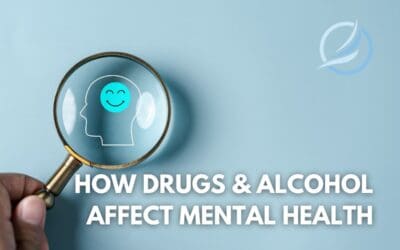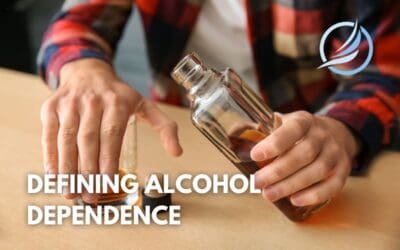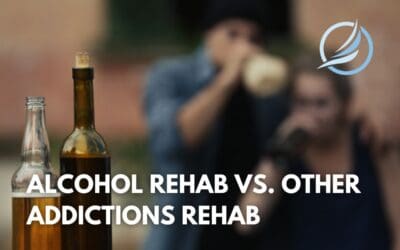For many people, the line between a hangover and alcohol withdrawal can be blurry. After a night of heavy drinking, the symptoms of a hangover—headaches, nausea, and fatigue—can seem overwhelming. But for those struggling with alcohol use disorders, these symptoms...
Search Results for "alcohol"
How Drugs and Alcohol Affect Mental Health: Understanding the Connection
In today’s fast-paced world, it’s not uncommon for individuals to turn to drugs and alcohol as a way to cope with stress, anxiety, or depression. However, while these substances might offer temporary relief, they often come with severe consequences for mental health....
Defining Alcohol Dependence: Understanding Symptoms, Risks, and Treatment Options
Alcohol dependence is a serious condition that affects approximately 28.8 million adults in the US. Unlike occasional or social drinking, it involves an intense, often uncontrollable urge to drink alcohol despite the negative impact on one's health, relationships, and...
Alcohol Rehab vs. Rehab for Other Addictions: Understanding the Differences and Making the Right Choice
When facing addiction, choosing the right treatment option can be a daunting task. Understanding the differences between alcohol rehab and rehab for other addictions is crucial in making an informed decision. Here’s everything you need to know about the various...
How Long Does Alcohol-Related Bloating Last?
Do you ever feel like a night out with friends and drinks always turns into feeling bloated the next day? If you do, you’re not the only one. Alcohol does cause many to feel like they’ve gained weight overnight. Why? Alcohol damages every organ in the digestive...
Inpatient Vs. Outpatient Drug and Alcohol Rehab
Substance abuse and addiction affect millions in the US and worldwide, but relatively few receive the help they need. So, if you are looking into drug or alcohol rehabilitation programs, you may be wondering about the differences between inpatient and outpatient...
An Intro to Adult Children of Alcoholics (ACoA)
Alcoholism's impact extends beyond the individual, deeply affecting friends and family, especially children. Let’s explore the world of Adult Children of Alcoholics (ACoA), a group that often carries the weight of their childhood experiences well into their adult...
How Long Does It Take to Detox from Alcohol?
One of the early steps of treatment for alcohol use disorder (AUD) is detoxification. When you stop drinking alcohol after a period of addiction, your body experiences withdrawal, and this temporary adjustment results in uncomfortable physical and mental symptoms. How...
Am I Allowed to Contact Inpatients in Drug & Alcohol Rehab?
Many individuals hesitate to enter drug and alcohol rehab centers, worrying about visitation policies and the potential separation from loved ones. However, understanding that these policies vary from facility to facility is essential. Prior research into each...
8 Benefits of an Inpatient Drug & Alcohol Rehab
Inpatient rehab centers offer structured, comprehensive care for drug and alcohol addiction, especially when co-occurring mental illnesses are present. These programs provide a range of benefits, including 24/7 supervision, medical-supported detox, and holistic...







































